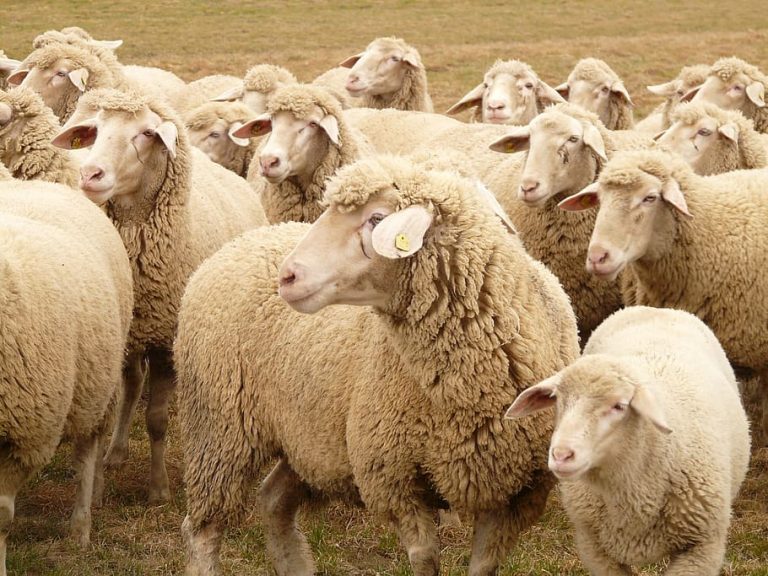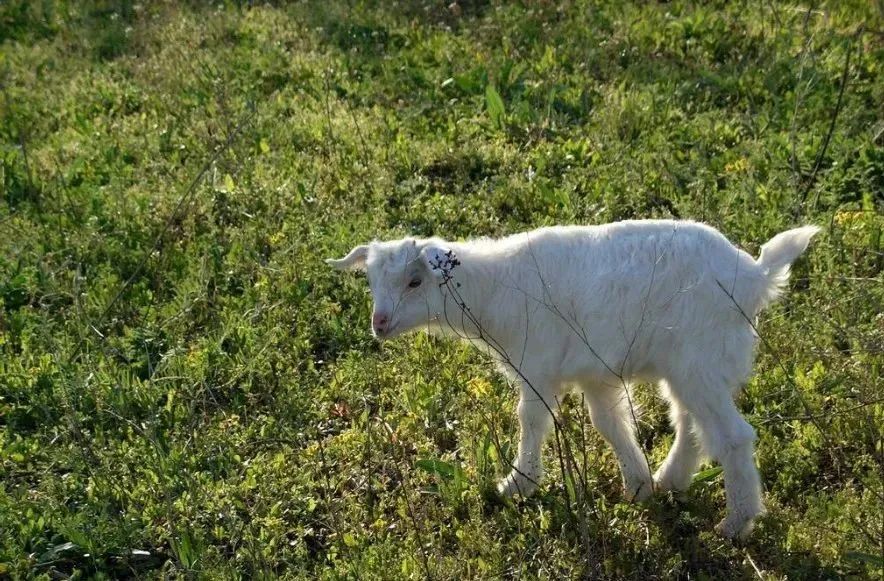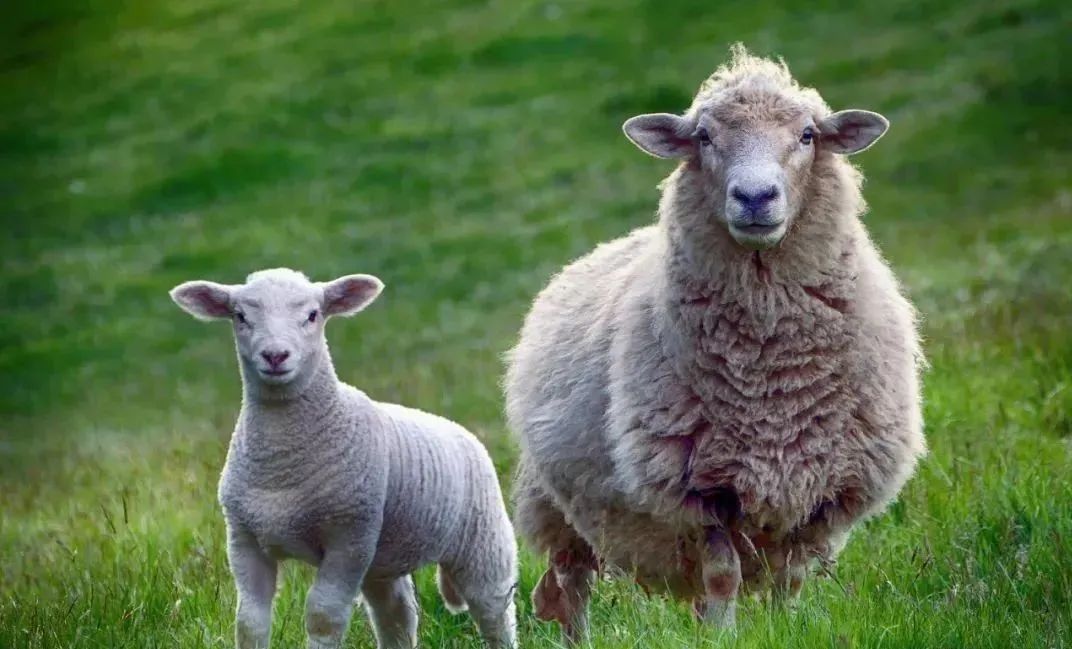Vitamin is an essential nutritional element for sheep body, a kind of trace element substance necessary for maintaining sheep growth and development and normal metabolic activities in the body. Regulate body metabolism and carbohydrate, fat, protein metabolism.
The formation of vitamins mainly comes from feed and microbial synthesis in the body.
Fat-soluble (vitamins A, D, E, K) and water-soluble (vitamins B, C).
The body of sheep can synthesize vitamin C, and the rumen can synthesize vitamin K and vitamin B. Usually no supplements are required.
Vitamins A, D, and E all need to be provided by feed. The rumen of lambs is not fully developed, and the microorganisms have not yet been established. Therefore, there may be a lack of vitamin K and B.
Vitamin A: maintain the integrity of vision and epithelial tissue, promote bone development, strengthen autoimmunity, and disease resistance.
Lack of symptoms: In the morning or evening, when the moonlight is hazy, the lamb will encounter obstacles, move slowly, and be cautious. Thereby resulting in bone abnormalities, epithelial cell atrophy, or the occurrence of sialadenitis, urolithiasis, nephritis, compound ophthalmia and so on.
Prevention and treatment: strengthen scientific feeding, and add vitamins to the feed. Feed more green feed, carrots and yellow corn, if the flock is found to be lacking in vitamins.
1: 20-30ml of cod liver oil can be taken orally,
2: Vitamin A, Vitamin D injection, intramuscular injection, 2-4ml once a day.
3: Usually add some vitamins to the feed, or feed more green feed to recover quickly.
Vitamin D: Regulates calcium and phosphorus metabolism, and bone development. Sick lambs will have loss of appetite, unsteady walking, slow growth, unwillingness to stand, deformed limbs, and so on.
Prevention and treatment: Once found, place the sick sheep in a spacious, dry and ventilated place, allow sufficient sunlight, strengthen exercise, and make the skin produce vitamin D.
1. Supplement with cod liver oil rich in vitamin D.
2. Strengthen sunlight exposure and exercise.
3, injection rich in vitamin A,D injection.
Vitamin E: maintain the normal structure and function of biofilms, maintain normal reproductive function, and maintain normal blood vessels. Deficiency can lead to malnutrition, or leukemia, reproductive disorders.
Prevention and treatment: feed green and juicy feed, add to feed, inject Vit E-Selenite injection for treatment.
Vitamin B1: maintain normal carbohydrate metabolism, blood circulation, carbohydrate metabolism, and digestive function. Loss of appetite after starvation, reluctance to move, prefers to lie alone in a corner position. Severe cases can cause systemic spasms, teeth grinding, running around, loss of appetite, and severe spasms that can lead to death.
Prevention and treatment: strengthen daily feeding management and forage diversity.
When feeding good quality hay, choose a feed rich in vitamin B1.
Subcutaneous or intramuscular injection of vitamin B1 injection 2ml twice a day for 7-10 days
Oral vitamin pills, each 50mg three times a day for 7-10 days
Vitamin K: It promotes the synthesis of prothrombin in the liver and participates in coagulation. Lack of it will lead to increased bleeding and prolonged coagulation.
Prevention and treatment: Feeding green and juicy feed, or adding vitamin feed additive to the feed, is generally not lacking. If lacking, it can be added to the feed in moderation.
Vitamin C: Participate in the oxidation reaction in the body, prevent the occurrence of scurvy, improve immunity, detoxify, resist stress, etc. Deficiency will cause sheep anemia, bleeding, and easily induce other diseases.
Prevention and control: Feed green feed, do not feed moldy or deteriorated forage grass, and diversify the forage grass. If you find that some sheep have deficiency symptoms, you can add an appropriate amount of vitamins to the forage grass.
Most farmers tend to ignore the microbial supplementation of the flock, so that the lack of vitamins leads to the death of the sheep, and the cause cannot be found. The lamb grows slowly and is weak and sick, which directly affects the economic value of the farmers. In particular, house-feeding farmers must pay more attention to vitamin supplementation.
Post time: Oct-18-2022




.png)
.png)
.png)
.png)